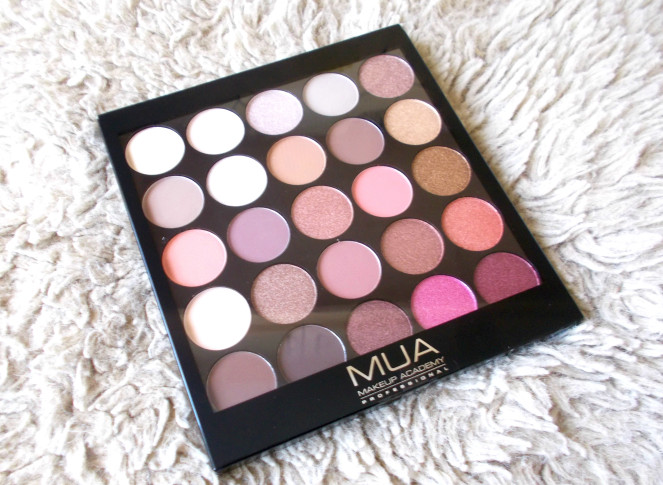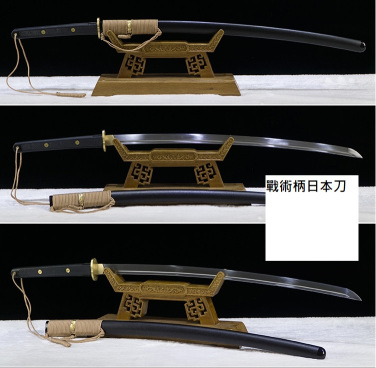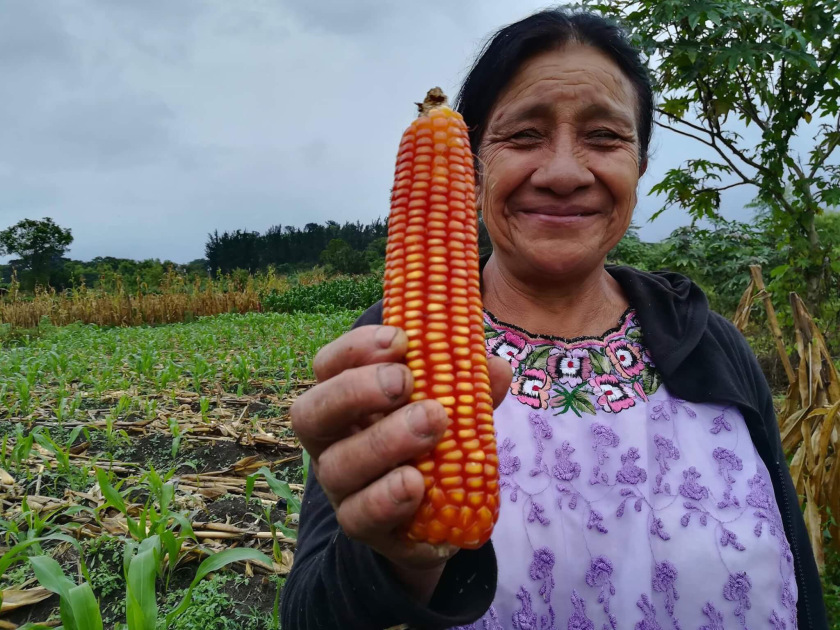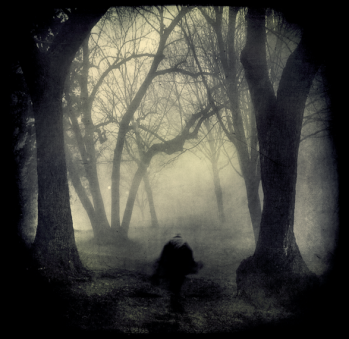” Every cent he saved brought him that much closer to his goal of buying a new rickshaw. Not buying one was unthinkable, even if it was taken away from him the day after he got it. It was his ideal, his aspiration, almost his religion. He had no reason to live if he could not pull his own rickshaw . . . His talent was in pulling a rickshaw . . . not to do so would have been a disgrace.”
-Rickshaw Boy
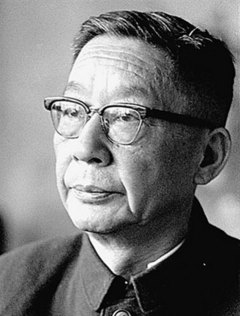
Lao She (real name – Shu Qingchun) was Beijing born Chinese author. During his stay in England he was influenced by novel of Charles Dickens. His best-selling novel in western countries is “The Rickshaw Boy”. (original name of novel was Luotuo Xiangzi i.e. Xiangzi the Camel). Lao She was supporter of Chinese Communist Party. He tried to influence Chinese intellectuals against Japanese during Sino Japanese War.
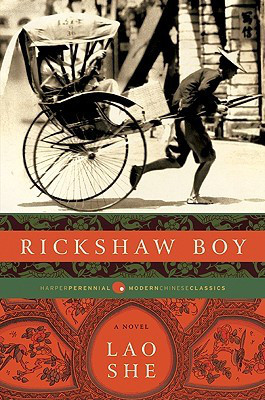
“He wept silently. A rickshaw, a rickshaw had been his rice bowl. He’d bought one and lost it. He’d bought another and sold it. Time and again he’d reached up only to be thrown back, as by a ghostly apparition that forever eluded his grasp. He’d suffered so many hardships and wrongs, and yet had come up empty.”
-Rickshaw Boy

Rikshaw boy is story of rickshaw puller Xiangzi, who leaves his village to live in city of Beijing. He works for a man, Old Liu, who rents rickshaws. He also works privately for Chinese families, in one family the members compete with each other to exploit him, while other family of Confucius scholar Mr. Cao treats him well.
Story is set in period prior to communist China, during that period, China was in control of warlords. Xiangzi works hard to earn enough to buy rickshaw of his own, but when he buys his own rickshaw, he loses it to soldiers of warlord. But he escapes and takes with him 3 camels, which he sells to get money for rickshaw (hence the title-. Xiangzi the Camel).
Meanwhile he gets married to Liu’s daughter Hu Nui, but Hu Nui dies due to childbirth complications, he faces some more tragedies like getting his money confiscated, he falls in love with a prostitute Xiao Fuzi and wants to use money he has saved to rescue her, but before he can do that, she commits suicide.
“We sell our sweat,” an old rickshaw puller tells Xiangzi, “and our women have to sell their bodies.”
Circumstances make hardworking optimist Xiangzi a depressed, pessimistic individual.
While Lao She like Dickens he describes dark side of city life, unlike Dickens his novel doesn’t have a happy ending.
Coming back to Lao She, he was committed to communist ideology. But sometime during mid-sixties, Mao felt that this position was threatened. His attempts to improve agricultural and industrial economy of China had failed (called Great Leap Froward).

Mao lost his Mojo. To gain his Mojo, he first attacked India. India then under Nehru was committed to non-violence and its military was very weak. Secondly Nehru never thought that his “brothers” Chinese will attack India. War resulted in humiliating defeat for India and loss of territory.
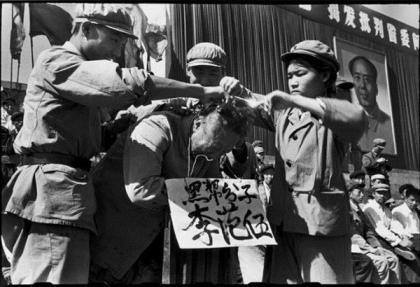
Secondly, he asked committed workers to attack those who were enemies of communism. These workers formed Red Army and took law in its own hands. They attacked who they disliked, humiliated them, killed them, destroyed their property etc. Unfortunately, Lao She was labelled as traitor and attacked by Red Army, they publicly beat him. Unable to bear humiliation, Lao She committed suicide by drowning himself in a lake in Beijing.

Lao She was not only one to face humiliation, there were thousands of such Lao Shes. One such author was Ding Ling. One of the Ding Ling’s famous novel is The Sun Shines Over Sanggan River. It is about bringing land reforms in village in North China. Novel won Stalin Prize.
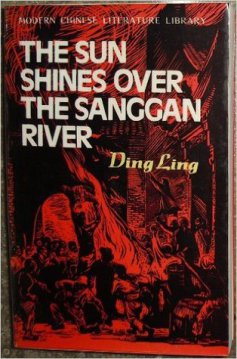
Ding Ling was critical of how women were treated in communist party. She wrote that Women were ridiculed if they focused on household duties, but also became the target of gossip and rumours if they remained unmarried and worked in the public sphere. Housewives were labelled as backward and were divorced by male cadres.
“When will it no longer be necessary to attach special weight to the word ‘woman’ and raise it specially?”
-Ding Ling
Mao did not like Ding Ling’s views and censured her. She was labelled as “rightist” and sent for forced labour during cultural revolution.
Advertisements Share this:


